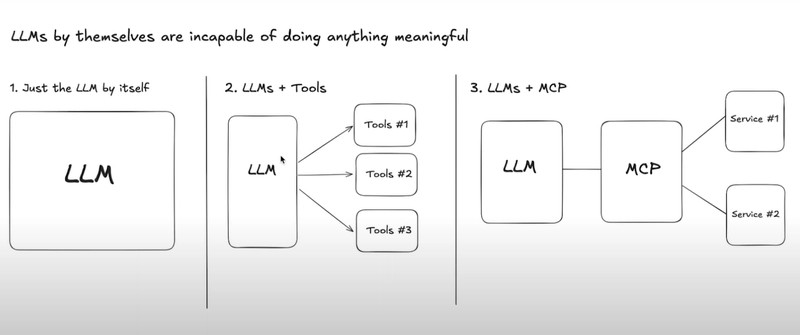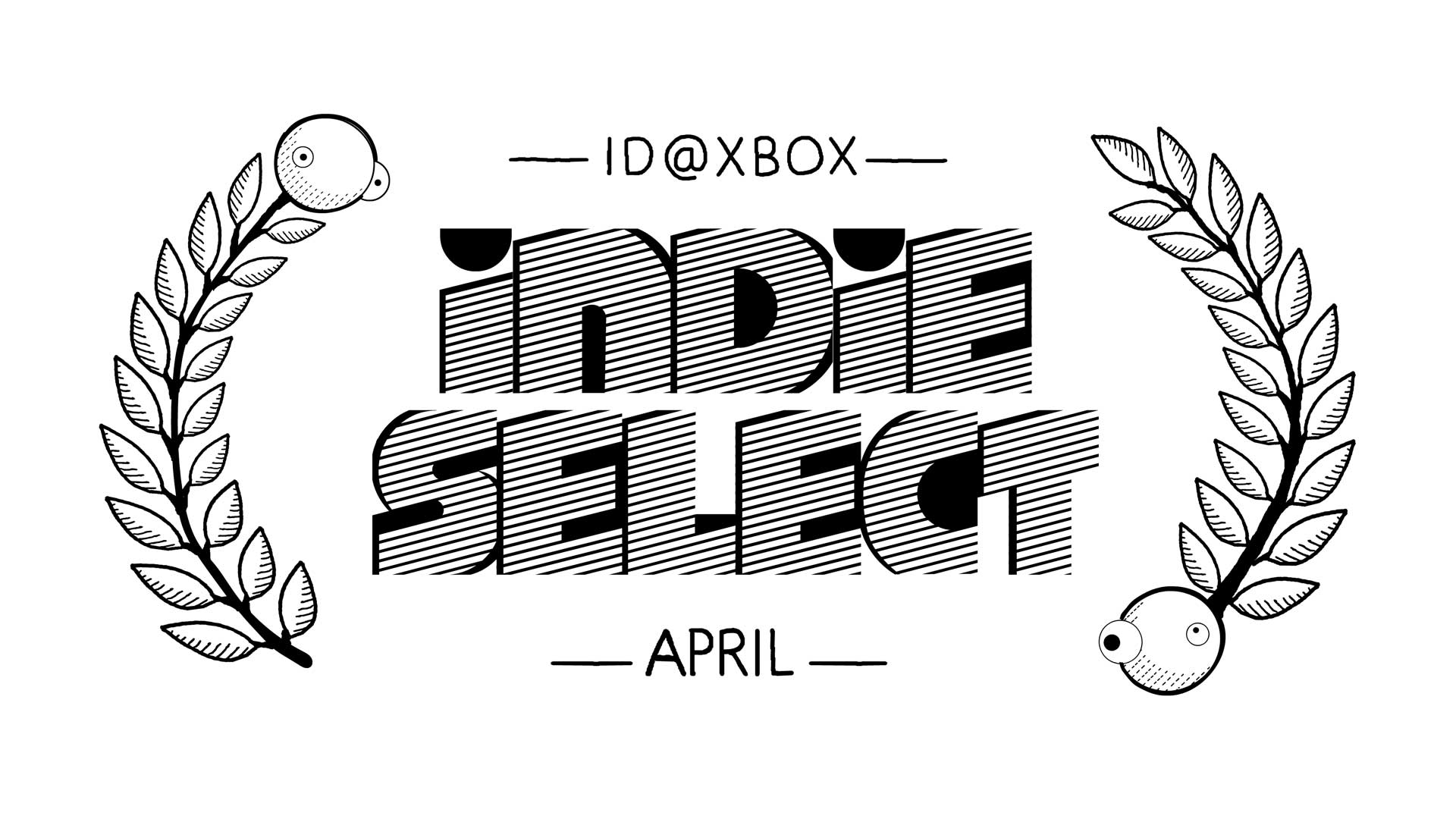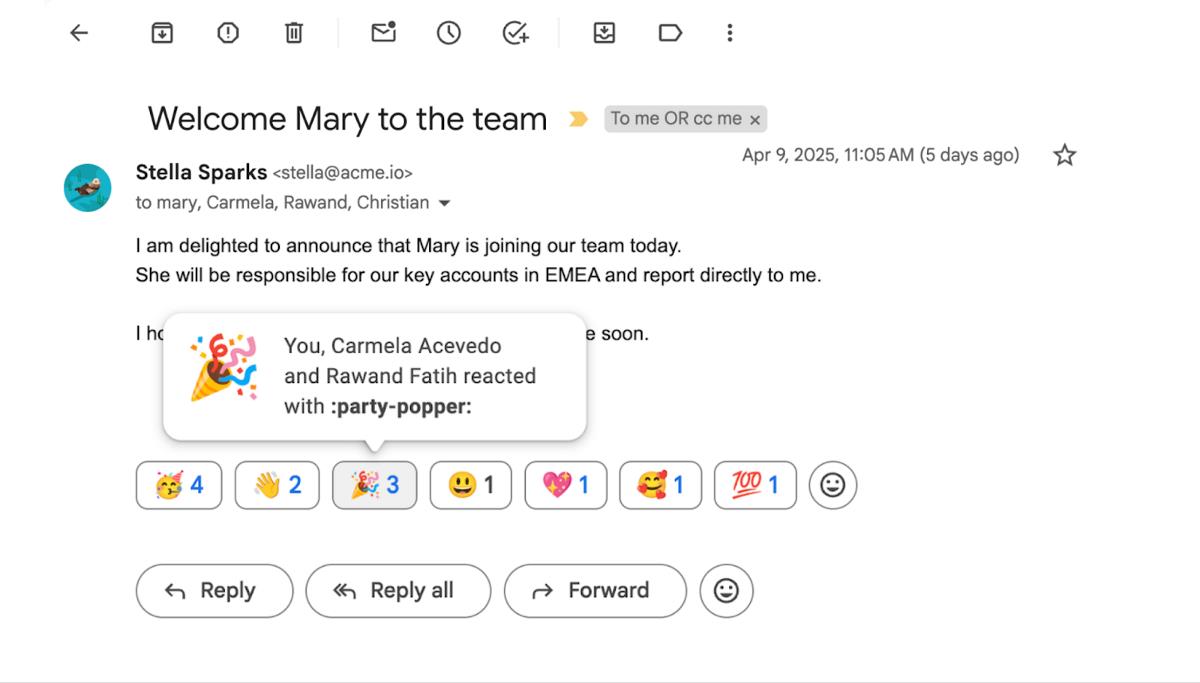7 Reasons why being 'too nice' at work can hurt you
Being too nice at work can undermine your authority, hinder career growth, and cause burnout. Learn why setting boundaries is essential for success.


In today’s world of hyper-competitiveness, especially in the workplace, there’s often an assumption that kindness and niceness are always virtues that will lead to success. The idea of being "nice" is celebrated in many professional circles—whether it’s helping colleagues with their tasks, constantly agreeing with your boss, or always making yourself available. But what if being "too nice" is sabotaging your career? While kindness is an admirable trait, when it’s taken to the extreme, it can hold you back from advancing in your professional journey.
In this article, we will explore seven compelling reasons why being "too nice" at work might actually be working against you. If you find yourself constantly putting others' needs before your own, avoiding confrontation at all costs, or struggling to assert your own voice, this article is for you. It’s time to take a hard look at your work style and understand why kindness—when overdone—can harm your career trajectory.
How kindness at work can sabotage your success
1. You may be taken advantage of
When you are too accommodating, you risk allowing others to take advantage of your kindness. This can manifest in a variety of ways, from taking on extra work that isn’t part of your responsibilities to having colleagues push their tasks onto you. People might begin to see you as someone who will always say "yes" to every request, and this creates a pattern where you end up doing more for others than they would ever do for you.
What happens next? You begin to feel overburdened and resentful, but because you don’t want to upset anyone, you keep quiet. This leads to burnout and frustration, ultimately eroding your job satisfaction and undermining your value at work.
2. You lose your authority
A key to being respected in the workplace is establishing authority. However, when you are constantly being "too nice," it becomes difficult to enforce boundaries or make decisions that might not be popular. If you avoid confrontation and always try to please everyone, it can make it hard for your colleagues to take you seriously.
Why does this happen? When you're excessively nice, people might see you as someone who lacks the strength or confidence to assert themselves. It becomes harder to demand the respect you deserve or to make tough decisions when necessary.
3. Your needs and goals are ignored
Being too nice can sometimes mean prioritising others' needs over your own, which in turn can make it difficult for you to focus on your career goals. You may find yourself sacrificing your time and energy for the benefit of others, leaving little room for personal development or the pursuit of your professional ambitions.
The problem here is: By constantly bending over backwards for others, you allow your own goals to take a backseat. This will stunt your professional growth and potentially leave you feeling stuck in your current role.
4. It can lead to burnout
When you’re constantly trying to please everyone and saying "yes" to every request, it can eventually lead to workplace burnout. The constant pressure to meet the needs of others can be mentally and physically draining. You may start feeling overwhelmed by the sheer number of tasks you’ve taken on, with little recognition for your effort.
Why does this matter? Burnout diminishes your ability to perform at your best and can lead to chronic fatigue, stress, and a decline in your overall productivity. If you don’t establish boundaries and learn to say "no" when necessary, you’re heading down a dangerous path toward burnout.
5. Your opinions might be overlooked
Being excessively nice often involves avoiding difficult conversations or shying away from offering your true opinion for fear of upsetting someone. Whether it’s giving feedback to a colleague or voicing an opinion in a meeting, if you’re constantly worried about being liked or avoiding conflict, your contributions may be dismissed or ignored altogether.
Why does this hurt your career? In professional settings, it’s important to have your voice heard. Not sharing your perspective or holding back valuable ideas can limit your influence in the workplace and prevent you from being seen as a leader or decision-maker.
6. It creates an imbalance in relationships
In a professional environment, healthy relationships are built on respect, trust, and mutual give-and-take. When you’re too nice, you may end up giving more than you receive, which creates an imbalance in the relationships you build with colleagues and supervisors.
The issue with this is: If people know you will always accommodate them, they may begin to expect your support without offering anything in return. This one-sided dynamic can lead to feelings of exploitation and resentment, which damage your professional relationships in the long run.
7. It prevents growth and change
The workplace is constantly evolving, and with that comes new challenges, responsibilities, and opportunities for growth. However, if you're too focused on being nice and avoiding conflict, you might miss out on critical feedback or opportunities to learn.
Why is this important? Growth happens when we step outside our comfort zones. By always playing it safe, being agreeable, and avoiding difficult conversations, you limit your ability to grow and adapt in your career. It’s only when you embrace constructive criticism and confront tough situations that you truly expand your skills and potential.
Conclusion
Being "nice" is not inherently a bad thing; in fact, kindness, compassion, and empathy are essential qualities in any professional setting. However, when niceness becomes your defining trait at work, it can lead to negative consequences that may stunt your career progression and personal well-being.
The key is finding a balance. You can still be friendly, approachable, and collaborative, but it’s crucial to set boundaries, assert your needs, and prioritise your own goals. Learning to say "no" when necessary, standing up for yourself, and ensuring that your hard work is recognised will ultimately benefit both you and your career.





































































































































































![[The AI Show Episode 145]: OpenAI Releases o3 and o4-mini, AI Is Causing “Quiet Layoffs,” Executive Order on Youth AI Education & GPT-4o’s Controversial Update](https://www.marketingaiinstitute.com/hubfs/ep%20145%20cover.png)





























































































































![[DEALS] Mail Backup X Individual Edition: Lifetime Subscription (72% off) & Other Deals Up To 98% Off – Offers End Soon!](https://www.javacodegeeks.com/wp-content/uploads/2012/12/jcg-logo.jpg)











































































































































_Andreas_Prott_Alamy.jpg?width=1280&auto=webp&quality=80&disable=upscale#)
































































































![Severance-inspired keyboard could cost up to $699 – have your say [Video]](https://i0.wp.com/9to5mac.com/wp-content/uploads/sites/6/2025/05/Severance-inspired-keyboard-could-cost-up-to-699-%E2%80%93-have-your-say-Video.jpg?resize=1200%2C628&quality=82&strip=all&ssl=1)




![Google Home app fixes bug that repeatedly asked to ‘Set up Nest Cam features’ for Nest Hub Max [U]](https://i0.wp.com/9to5google.com/wp-content/uploads/sites/4/2022/08/youtube-premium-music-nest-hub-max.jpg?resize=1200%2C628&quality=82&strip=all&ssl=1)



















































































































